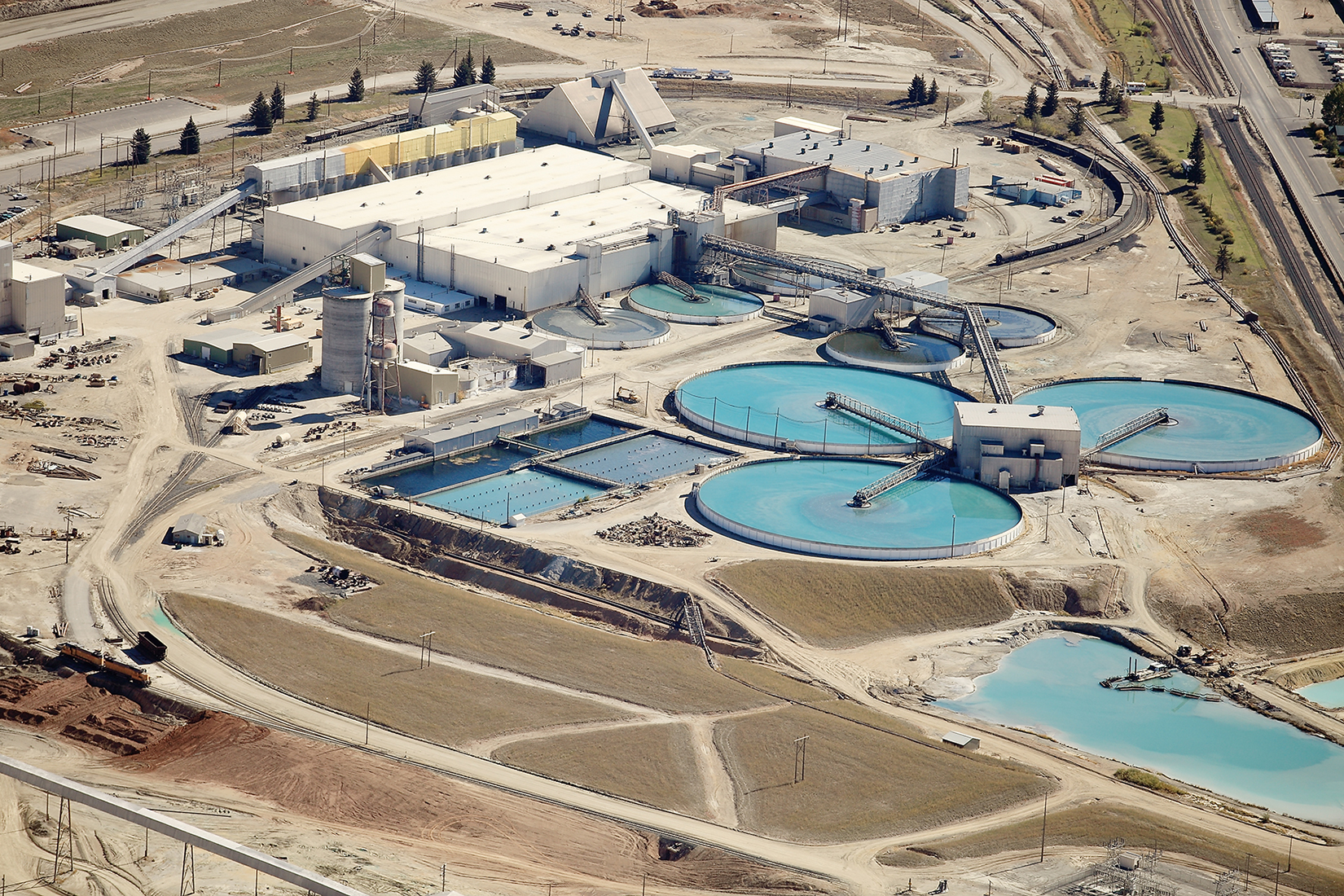During the National Conference on Water Diplomacy and Hydropolitical Opportunities in West Asia, efficient management of water resources was underscored as key to addressing the prevailing challenges.
Deputy Foreign Minister Abbas Araqchi expressed regret that throughout history, the main focus has always been on supplying water by any means rather than investing in the management of consumption, Fars News Agency reported.
"Even though our groundwater resources are shrinking, there is still demand for supply and the Foreign Ministry is expected to provide it through diplomacy," he said.
The official added that those in charge are looking for new resources while huge volumes of the natural resource are being wasted. He, however, underlined the key role of water diplomacy, provided all its aspects are given equal attention.
What is discussed today as water diplomacy is actually only one facet of the subject, which involves agreements on how much each country can withdraw from cross-border waters.
"The Foreign Ministry is actively engaged and conducts negotiations with neighboring countries over the management of shared resources," he said.
Other Facets
However, diplomacy's other aspects have been neglected so far.
Araqchi said virtual water diplomacy is a major feature.
Virtual water is to create the goods and services that we consume and use.
Many Iran's exported goods are water-intensive, which means the country virtually exports large amounts of water.
"Smart diplomacy is needed to change the import and export trends in favor of saving more water while ensuring the country's self-sufficiency in supplying food," he said.
This calls for a revision of trade rules and the concept of what constitutes strategic goods.
Another diplomatic method that can help save water is cross-border farming, i.e. growing certain crops in foreign lands.
"We have agreements with 11 countries in this regard and the Foreign Ministry has managed to acquire cross-border lands for this purpose," he said.
But the plan has not become operational yet due to lack of coordination among domestic organizations.
Pooling Knowledge
Diplomacy also helps share knowledge and expertise, and boost international cooperation to optimize water consumption.
"Japan, for instance, has expressed readiness to provide assistance to reduce water wastage in Tehran and primary studies have been launched," Araqchi said.
The government is also paying greater attention to management. Earlier this week, the government Cabinet agreed to establish a national workgroup on adapting to water scarcity.
The workgroup will be headed by the Energy Ministry and include representatives of Planning and Management Organization, the Department of Environment, and the ministries of agriculture, interior and industries.
It will be responsible for setting regulations for the distribution of water between different sectors, designate agricultural products based on the region's water capacities and monitoring.
Tehran's Woes
Mohammad Ali Najafi, Tehran's mayor, was another speaker at the conference. He pointed to the severity of the water crisis that can even lead to the disappearance of a civilization, if it is not controlled.
"Water diplomacy requires great expertise, experience and finesse because it can trigger conflicts or foster close cooperation," he said. The mayor highlighted the challenges facing the capital that has some 8 million residents.
"The withdrawal from groundwater resources of Tehran is three times its ecological capacity," he said.
Groundwater reserves can supply 250 million cm while withdrawals reach 750 million cm, which has caused problems such as land subsidence.
Besides, much of this water is wasted.
"Studies show 30% of the water is wasted in the distribution system," he said.
The quality of water in Tehran is also a critical issue, as many rivers are contaminated by waste released in the upstream section. Najafi called for inter-sectoral collaboration to address the issues.
The conference was held by the Iranian Association of Geopolitics at Tehran's Kharazmi University on Tuesday and Wednesday.


